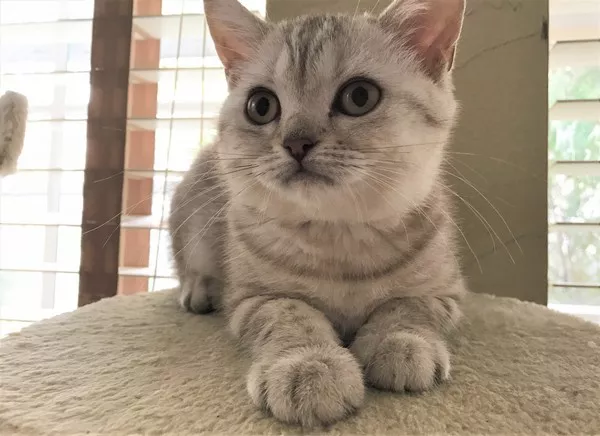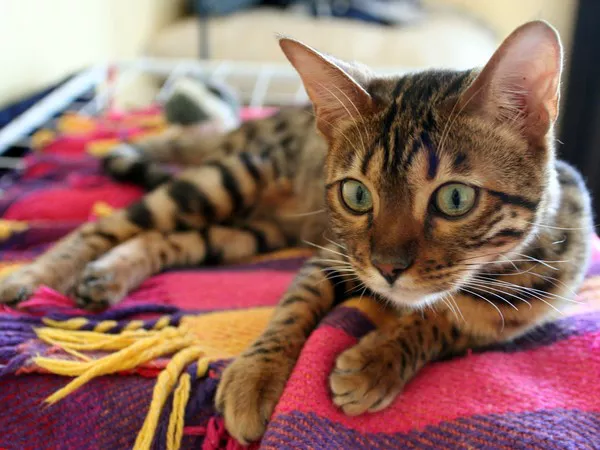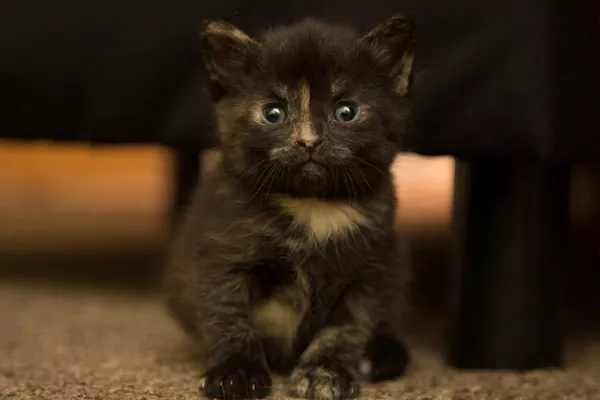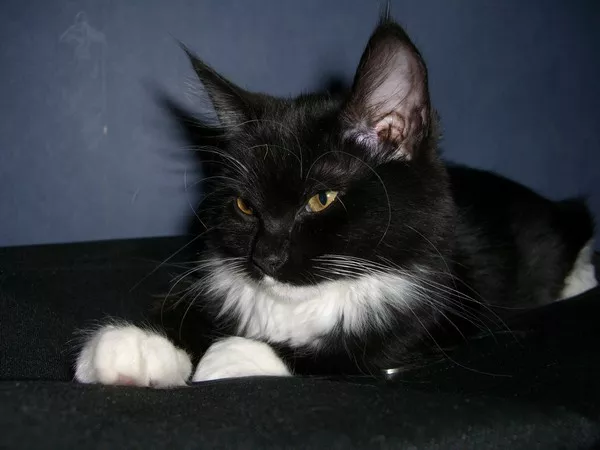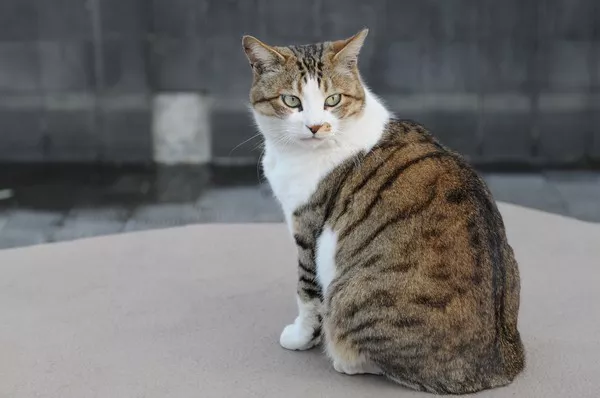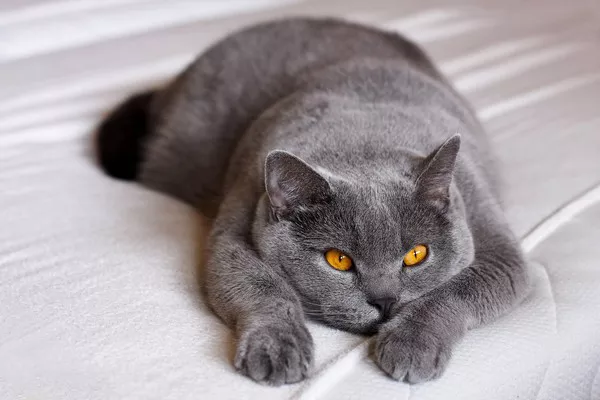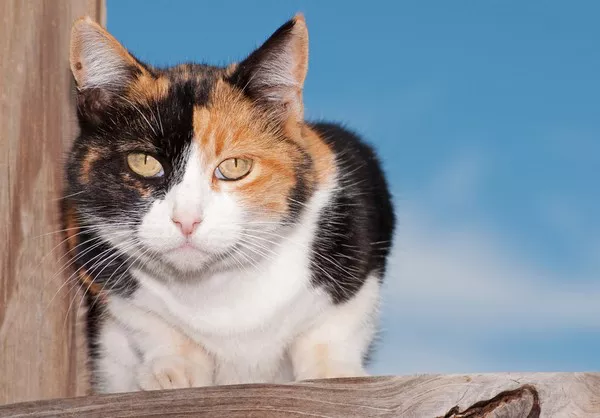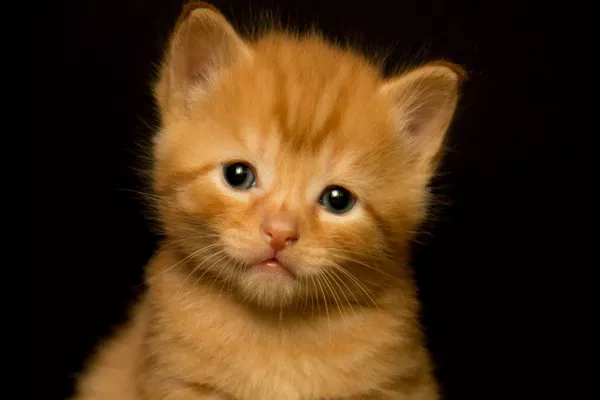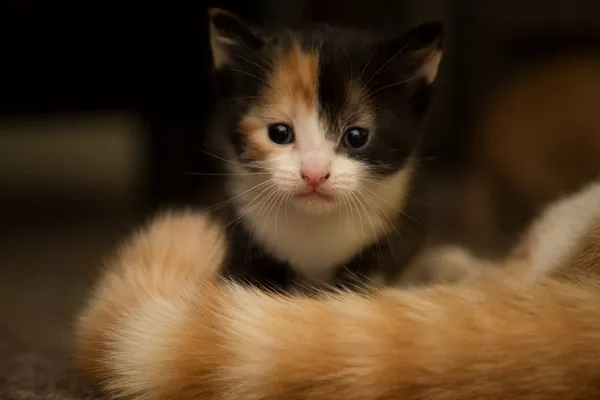Feeding your British Shorthair cat is an essential part of ensuring their health and well-being. When it comes to feeding, many cat owners struggle with how much they should feed their feline friend. Several factors play a role in determining the appropriate amount of food for your cat, including their age, weight, activity level, and overall health.
In this article, we will discuss the recommended feeding guidelines for British Shorthair cats and provide helpful tips for maintaining a healthy diet.
Understanding Your British Shorthair Cat’s Nutritional Needs
Before diving into specific feeding guidelines, it’s crucial to understand the nutritional needs of your British Shorthair cat. Like all cats, British Shorthairs are obligate carnivores, meaning they require a diet that primarily consists of animal-based protein.
Protein is essential for building and repairing tissues, supporting immune function, and providing energy. Therefore, it’s crucial to ensure your cat’s diet contains high-quality protein sources.
Additionally, cats require specific amino acids, such as taurine and arginine, which are only found in animal-based proteins. Deficiencies in these amino acids can lead to severe health issues, including heart disease and organ failure.
Apart from protein, cats also require fat and carbohydrates in their diet. Fat provides energy, supports brain function, and helps absorb fat-soluble vitamins. Carbohydrates, on the other hand, are not an essential nutrient for cats but can provide energy and fiber.
Key Factors That Influence How Much to Feed Your British Shorthair Cat
Several factors influence how much you should feed your British Shorthair cat. These include:
1. Age
The nutritional requirements of cats vary depending on their age. Kittens require more food per pound of body weight than adult cats to support their growth and development. As they grow older, their energy requirements decrease, and they require less food to maintain their weight.
2. Weight
The amount of food your cat requires is also influenced by their weight. Overweight cats require fewer calories than their lean counterparts, while underweight cats may need more food to help them gain weight.
3. Activity Level
The activity level of your British Shorthair cat also plays a role in determining how much to feed them. More active cats burn more calories and require more food to meet their energy needs compared to less active cats.
4. Overall Health
Your cat’s overall health can also affect their nutritional requirements. Cats with certain health conditions, such as diabetes or kidney disease, may require specialized diets with specific nutrient compositions.
Recommended Feeding Guidelines for British Shorthair Cats
Now that you understand the key factors that influence how much to feed your British Shorthair cat let’s dive into the recommended feeding guidelines:
1. Feeding Frequency
Cats are natural grazers, meaning they prefer to eat small meals throughout the day. Therefore, it’s recommended to feed your British Shorthair cat several small meals per day rather than one large meal.
2. Portion Control
Portion control is crucial when it comes to feeding your cat. Overfeeding can lead to obesity and other associated health issues. The recommended daily calorie intake for an adult British Shorthair cat weighing around 12 pounds is between 200-300 calories per day.
3. Choosing the Right Food
When selecting food for your British Shorthair cat, opt for high-quality cat food brands that contain animal-based protein sources. Look for foods with a high protein content and low carbohydrate content.
4. Consider Your Cat’s Age
As previously mentioned, your cat’s age influences their nutritional requirements. Kittens require more calories to support their growth and development than adult cats. As your cat ages, their calorie requirements decrease, and you may need to switch to a senior cat food formula.
5. Adjust Portions Based on Weight and Activity Level
Regularly monitoring your cat’s weight and adjusting their food portion accordingly can help prevent obesity and associated health issues. Additionally, you may need to increase or decrease their food intake based on their activity level.
6. Consult with Your Veterinarian
Your veterinarian can provide helpful advice on feeding your British Shorthair cat based on their specific needs and health conditions. They can also recommend specialized diets if necessary.
Conclusion
In summary, feeding your British Shorthair cat requires careful consideration of their nutritional needs, age, weight, activity level, and overall health. By following the recommended feeding guidelines and consulting with your veterinarian, you can help ensure that your feline friend stays healthy and happy.

